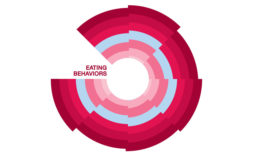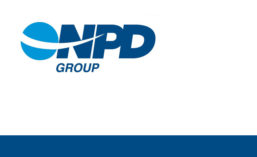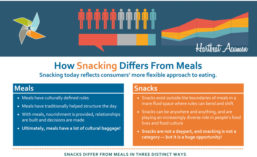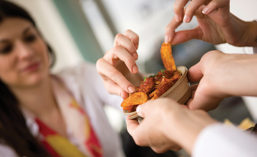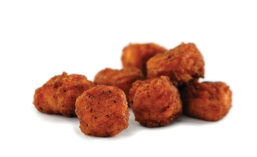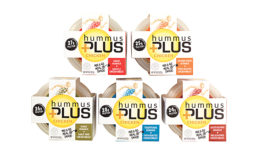Home » Keywords: » snack foods
Items Tagged with 'snack foods'
ARTICLES
TH Foods Introduces Snack Mix-Ins
Four new varieties round out the company’s portfolio
November 9, 2016
Snacking Trends Among Millennials
Consumers snack for a variety of reasons such as the functional need for an energy or nutritional boost
August 8, 2016
The Snacking Generation: Millennials vs Boomers
Boomers total approximately 90.4 billion ready-to-eat snack eatings a year, 20% more than millennials
March 28, 2016
How Snacking Differs from Meals
Snacking today reflects consumers’ more flexible approach to eating
February 25, 2016
Time of Day Dictates Sweet, Savory Snack Consumption
Healthier snack eating tends to depend on location
October 30, 2015
Snacking: The New American Pastime
Half of adults snack two to three times per day, with 70% agreeing that anything can be considered a snack
September 10, 2015
Single-Person Households Influence Snacking Behavior
Similar to larger households, health and weight management is among the key motivations to eat snack foods at meals for solo diners
August 13, 2015
C-Store Snack Trends
Study reveals only 5% of recent convenience store beer purchases included a prepared food item
August 12, 2015
Consumers Prefer Snacks with Healthy Twist
Protein, natural, and no or less sugar are the health call-outs that consumers are most looking for when selecting a snack
August 11, 2015


